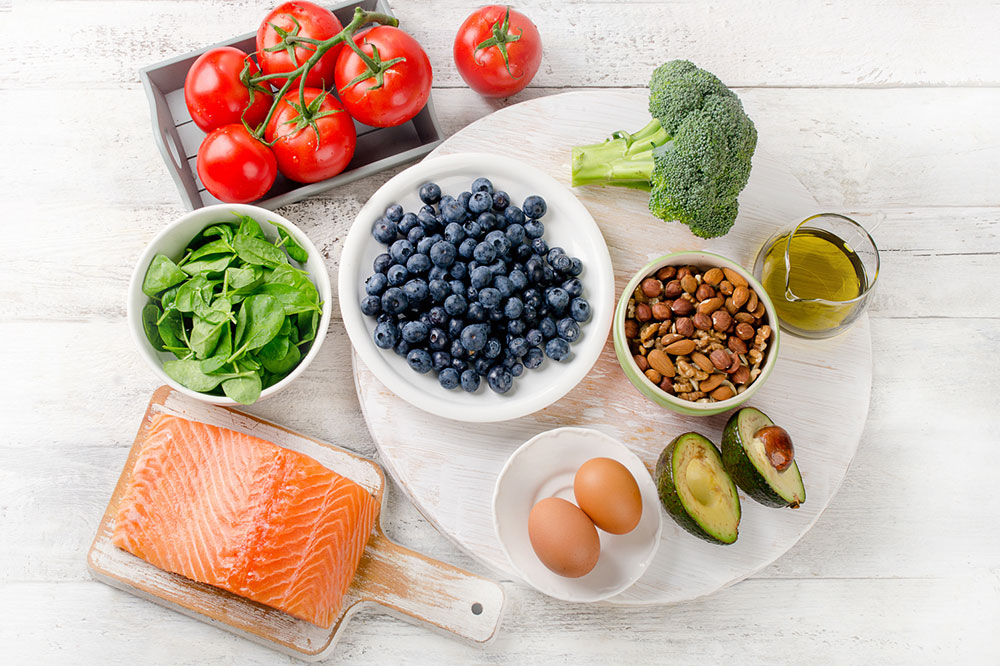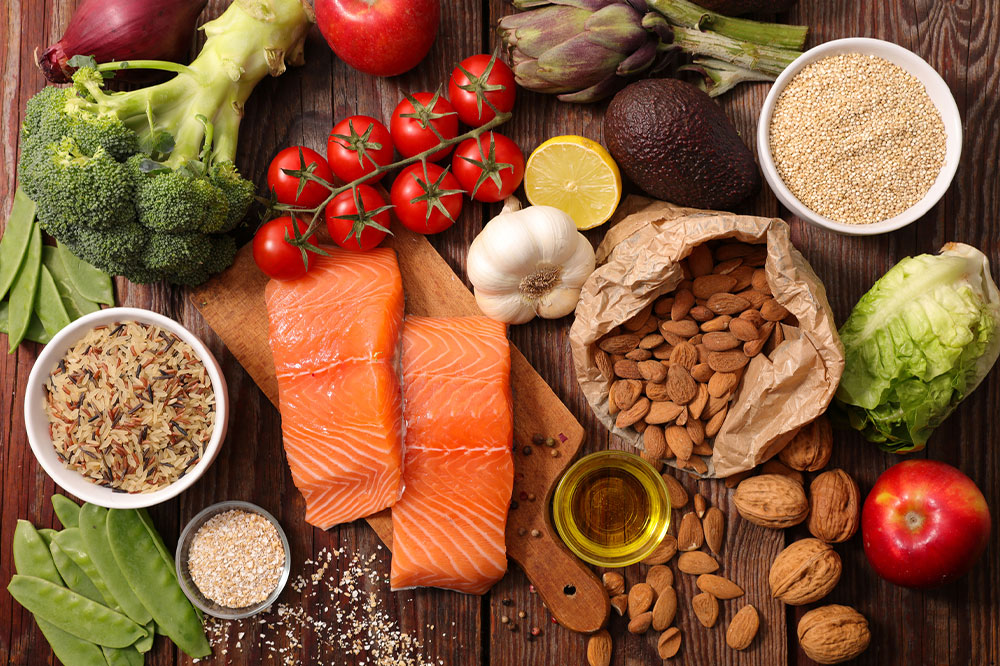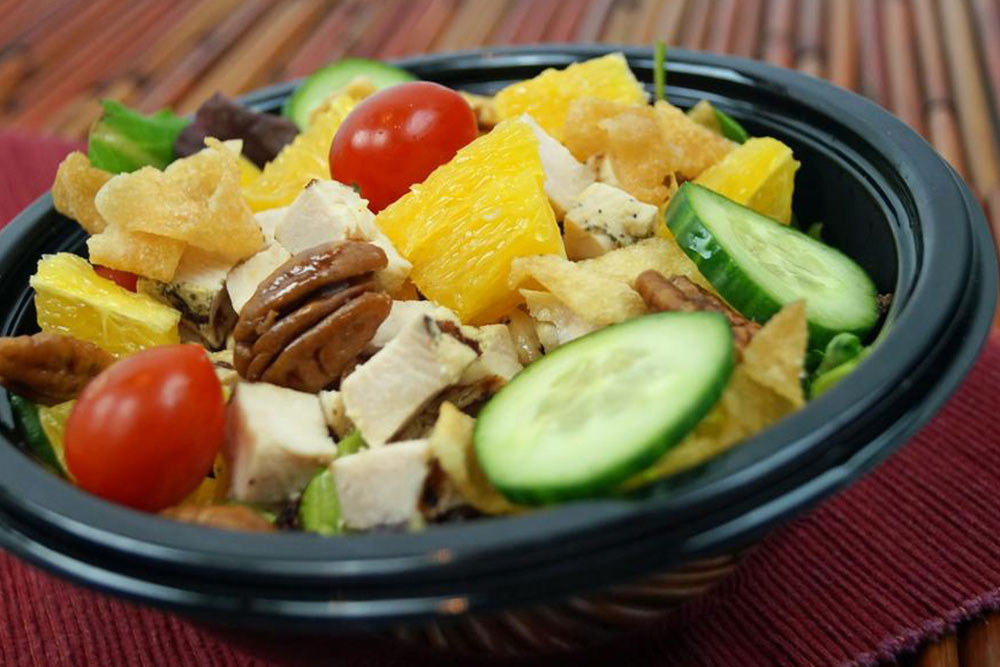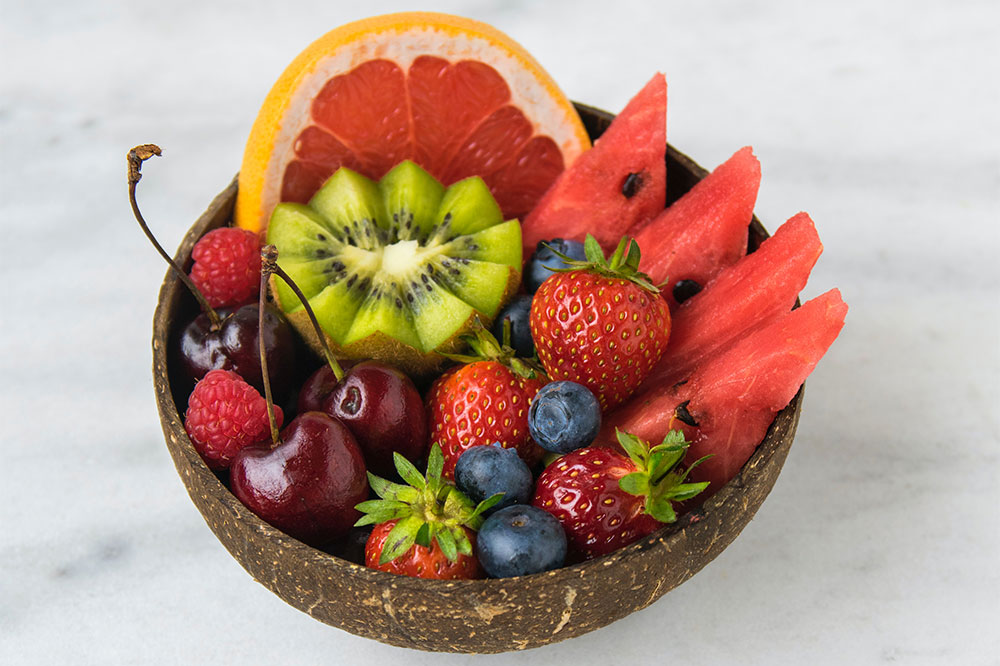Essential Nutritional Tips to Promote Men's Prostate Health and Well-being
This comprehensive guide details essential nutritional strategies for men's prostate health. It highlights key foods such as cruciferous vegetables, tomatoes, omega-3-rich fish, green tea, legumes, and berries. These nutrient-dense options can help support prostate function, reduce inflammation, and potentially prevent prostate diseases like cancer. By integrating these foods into a balanced diet, men can proactively promote their prostate health and overall well-being. Discover practical tips, scientific insights, and delicious ways to boost your nutrition for a healthier prostate.
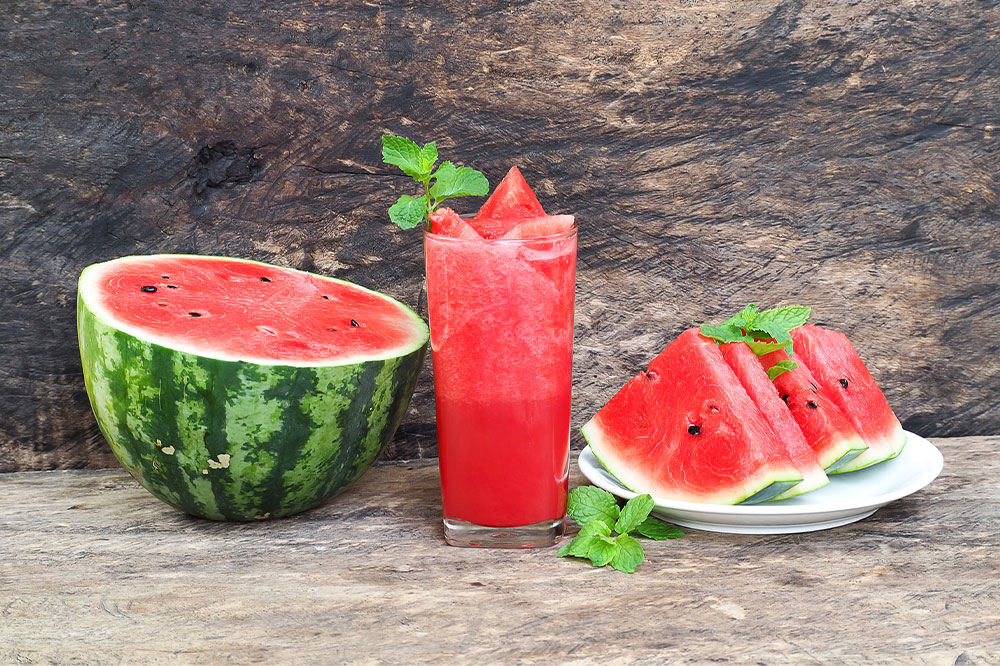
Essential Nutritional Tips to Promote Men's Prostate Health and Well-being
Prostate health plays a vital role in men's overall well-being, especially as they age. The prostate gland, a small but significant organ situated between the bladder and the penis, is susceptible to various health issues, including benign prostatic hyperplasia (BPH) and prostate cancer. While genetics and age are significant factors, diet and nutrition are powerful tools in maintaining prostate health and potentially reducing the risk of disease. No single food can guarantee protection, but integrating a balanced, nutrient-rich diet can support prostate function, help reduce inflammation, and possibly slow the progression of prostate-related conditions. Here, we explore comprehensive nutritional strategies and key foods that can bolster prostate health and improve quality of life for men.
Cruciferous Vegetables and Their Protective Properties
Cruciferous vegetables such as broccoli, cauliflower, Brussels sprouts, and cabbage are renowned for their dense nutritional profile. These vegetables contain natural compounds called glucosinolates, which break down into biologically active substances including indoles, nitriles, and isothiocyanates. Research suggests that these compounds may help detoxify carcinogens, reduce inflammation, and inhibit the growth of prostate cancer cells. Incorporating a generous portion of these vegetables into your daily diet can be a proactive step toward supporting prostate health. For optimal benefits, aim for at least 2-3 servings of cruciferous vegetables per week.
Tomatoes and Lyocpene: The Powerful Antioxidant
Tomatoes are a nutritional superstar for prostate health due to their high lycopene content. Lycopene is a carotenoid with strong antioxidant properties, which helps neutralize free radicals responsible for cellular damage. Several studies indicate that higher lycopene levels are associated with a lower risk of developing prostate cancer. To maximize absorption, consuming cooked tomato products such as tomato sauce, paste, and soup can be more effective than raw tomatoes. Besides tomatoes, lycopene is found in watermelon, pink guava, papaya, and pink grapefruit, allowing for dietary variety in ensuring adequate intake.
Omega-3 Fatty Acids and Their Anti-inflammatory Role
Fatty fish like salmon, mackerel, sardines, herring, and trout are rich sources of omega-3 fatty acids, notably EPA and DHA. These healthy fats are well-known for their anti-inflammatory properties and potential role in reducing tumor growth or progression in prostate tissues. Regular consumption—at least two to three times per week—can significantly aid in lowering inflammation, supporting cellular health, and possibly decreasing cancer risk. For those who prefer plant-based options, flaxseeds and walnuts are good sources of alpha-linolenic acid (ALA), a different form of omega-3.
Green Tea: An Antioxidant Powerhouse
Green tea contains catechins—potent antioxidants that have been studied extensively for their cancer-fighting properties. Consuming at least one cup of green tea daily may help in reducing oxidative stress in prostate tissues, lowering the chances of cancer development or progression. Green tea’s bioactive compounds can modulate cellular signaling pathways involved in inflammation and cancer cell proliferation. Incorporating green tea into your daily routine is a simple, enjoyable way to support prostate health.
Legumes and Phytoestrogen Benefits
Legumes, including beans, lentils, chickpeas, and soy-based products like tofu and soy milk, are rich in phytoestrogens—plant-derived compounds that mimic estrogen and may help balance hormonal activity in men. Some research suggests that phytoestrogens may inhibit prostate cancer cell growth and promote apoptosis (cell death) in abnormal cells. Legumes are also excellent sources of protein, fiber, vitamins, and minerals, making them a nutritional cornerstone of a prostate-friendly diet. Regular intake of legumes—several times weekly—can support overall health and reduce cancer risk.
Berry Power: Antioxidants for Cellular Defense
Berries such as strawberries, blackberries, blueberries, and raspberries are antioxidant-rich superfoods. They contain high levels of vitamin C, flavonoids, anthocyanins, and other phytochemicals that help neutralize free radicals, decrease inflammation, and protect healthy cells from oxidative damage. Regular berry consumption may contribute to reducing the risk of prostate cancer, while also supporting immune function and overall cellular health. Incorporate a variety of berries into smoothies, salads, or as snacks to harness their full protective potential.
